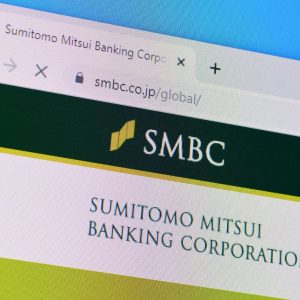As per the US watchdog complaint, both accused traders were required to mark the portfolio’s investments at fair value in accordance with US generally accepted accounting principles and JP Morgan’s internal accounting policy.
According to the lawsuit filed by SEC against the duo in the US District Court for the Southern District of New York, both traders worked in JP Morgan’s chief investment office (CIO), which formed the portfolio known as Synthetic Credit Portfolio (SCP) as a hedge against adverse credit events.
Martin-Artajo and Grout planned to intentionally mismark hundreds of positions, when the portfolio began experiencing mounting losses in early 2012, by maximizing their value instead of marking them at the mid-market prices that would divulge the losses.
The US Attorney’s Office for the Southern District of New York also launched criminal charges against Martin-Artajo and Grout, in a parallel action.
The SEC enforcement division co-director George Canellos said, "The trading instruments were complex but these traders had a simple rule to follow: tell the truth about their fair value."
"Yet these traders brazenly accumulated a massive position in derivatives with lax oversight, and then lied to cover up their massive losses when the market turned against them," Canellos added.
Both have been charged for violating of sections 10(b) and 13(b)(5) of the Securities Exchange Act of 1934 and Rules 10b-5 and 13b2-1, among others.






